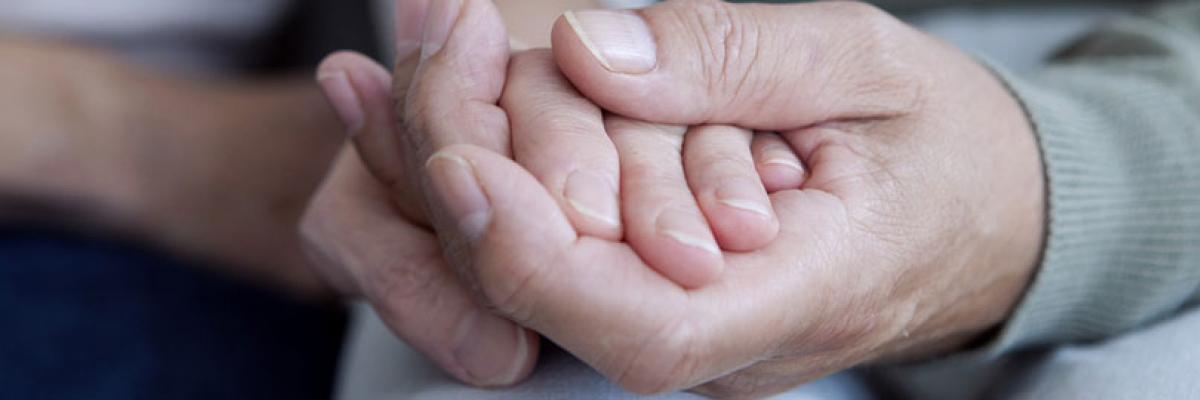It is not uncommon for an elderly patient to need some assistance when taking a medical test. A person with arthritis, joint stiffness, or other mobility problems may find it difficult to obtain a urine or stool sample without some help. A woman with dementia may be unable to follow the instructions on obtaining an appropriate urine specimen; she may also become confused or agitated when someone tries to do this for her. A person who does not see well or has poor manual dexterity can have trouble using the required equipment, such as specimen cups or blood glucose monitors for diabetes.
Here are some tips to make the sample collection process go more smoothly.
Instructions — An older person may have trouble hearing verbal directions, reading printed instructions, or remembering when a test is scheduled or what it is for. Always ask for written instructions, preferably concise ones in large type. When giving oral instructions, take it one step at a time, and use a calm and reassuring tone; before you begin, seek to minimize noise and distractions and create a calm environment.
Special Equipment — Special equipment can make certain procedures easier and safer. A urine sample may be more easily collected in a receptacle placed in the toilet rather than in a cup or jar that has to be held. A magnifying glass with a bright light attachment can help a diabetic patient with vision loss perform self-monitoring of blood glucose. A different kind of lancet or needle may prove easier or less painful or intimidating to use.
Hired Help — Although nursing homes have personnel to assist with sample collection procedures, sheltered housing facilities do not always provide nursing support for these situations. If you need assistance where none is available you may be entitled to help from a district nurse or care assistant.
Privacy — Helping a person obtain a urine or stool sample can be a task neither party finds particularly pleasant. The person needing the help may be embarrassed, and the person providing the help may find the odors and cleaning tasks offensive. Provide as much privacy as is safely possible to increase everyone’s comfort level.
Compassion — The carer involved in specimen collection may find it helpful to view the assistance provided as an act of kindness and love. If you are aware of a situation in which a patient is not treated appropriately, take steps to ensure that the patient receives competent and compassionate care.


